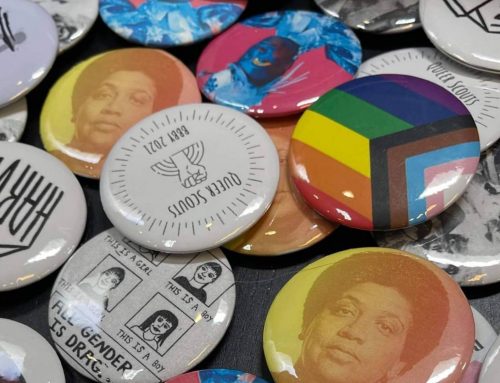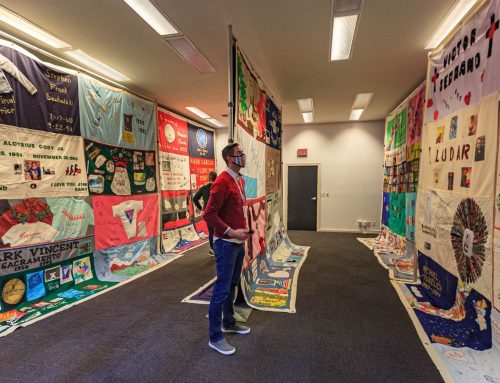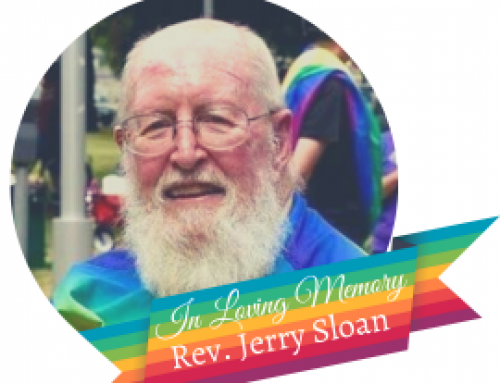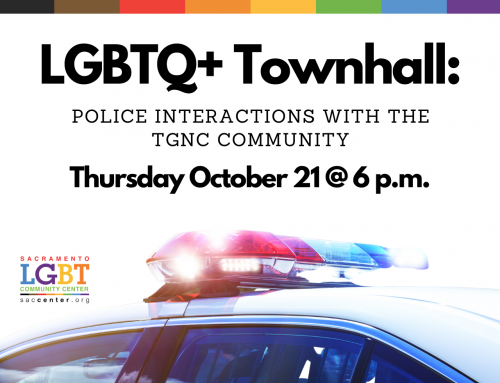Over the years, most medical trials and studies have not taken into account the diversity of the general population and the unique genetic, environmental, and cultural variations that exist across the country. In fact, most studies and clinical trials have centered around the average white male. Many people living in the United States are prescribed medication or undergo procedures that are based on a relatively small subset of the U.S. population. These myopic and even discriminatory past studies have translated into real-life consequences for marginalized communities, such as imprecise health care and less successful medical treatments.
The Times are Changing
As our society becomes more diverse, it is critical that medical studies and trials consider a representative sample of the population so that more variables can be considered. Gathering data from a diverse set of people is key to understanding why health outcomes vary across populations so significantly. This is how trends are spotted early, and environmental red flags are discovered; this is why a program called All of Us was started.
All of Us – a new research program from the National Institutes of Health (NIH) – focuses on advancing precision medicine. Precision medicine is health care that is based on the individual and takes into account factors like where you live, what you do, and your family health history. We hope that precision medicine will help us tell people the best ways to stay healthy and, if someone does get sick, precision medicine may help health care teams find the treatment that will work best for each individual.
In order to get to a point where precision medicine is effective, All of Us needs to gather data by signing on at least one million individuals to share information about their health over the next ten years.
LGBTQ+ people have unique health care needs beyond traditional care and that is why the Sacramento LGBT Community Center is helping All of Us inform our community about how they can get involved. The LGBTQ+ population not only spans across every racial group, environmental and geographic area and socioeconomic status, but our community also experiences statistically higher levels of addiction and mental illness diagnoses.
Our History Can’t Be Forgotten
More than 35 years ago the HIV and AIDS epidemic seeped into and ravaged our community. While many in the community have been touched by the deep impact and loss that comes with HIV/AIDS, we are now becoming more aware of the unique challenges the survivors of HIV/AIDS are dealing with. Studies have highlighted the risks that come with living with HIV/AIDS and long-term regimens of anti-retroviral therapy. According to National Cancer Institute at the NIH, compared with the general population, people infected with HIV are currently about 500 times more likely to be diagnosed with Kaposi sarcoma, 12 times more likely to be diagnosed with non-Hodgkin lymphoma, and, among women, 3 times more likely to be diagnosed with cervical cancer. Those living with HIV/AIDS now have a unique medical history that could help us better understand why cancer risks increase and how drug interactions can be better managed in the future.
Taking part in a medical study and sharing your personal information can be difficult for some, especially for groups that have often had bad experiences with the medical industry. Another significant part of the All of Us program is building trust. All of Us is hard at work to gain back that trust by involving the community and allowing the gathered information to be accessible to the participant. Information is power, and by joining the All of Us Research Program, you are not only empowering the medical community and future researchers, you are empowering yourself to have a comprehensive view of your health. Hopefully, our data can unlock the way to help make future generations happier, healthier and more prosperous.
Knowledge is Power
If you are interested in taking part in the All of Us Research Program, or just learning more about precision medicine, check out their website: https://www.joinallofus.org/






